During my last year of Seminary, I spent a week with a Benedictine community just outside of Boston, about an hour’s drive outside of Boston. These Benedictines lived on an old retired Dairy farm. They used to make their living by milking cows, but the cows were gone when I got there. They make their living now by writing and selling spiritual material and hosting retreats. But they still live on that beautiful old farm in a big ramshackle farmhouse. I had a beautiful week. I got to pray with the brothers, go to Mass with the brothers, and eat with the brothers. All meals were in silence and while we ate we listened to one of the brothers read a book. When I was there they were making their way through a history book. Then we listened to a few of the rules written by St. Benedict.
After dinner, every one helped to clean up. Then it was off to recreation. For them, recreation meant eating ice cream and cookies. Not a bad recreation. Now when I got to the monastery the brothers warned me, “Stay away from brother Oswald,” they would then point him out, “He’ll corner you and he’ll talk your ear off, he does that to all visitors, stay away from him.” And more than one brother told me this. And so of course I did get cornered by Brother Oswald, I got cornered many times, and he did talk a lot and I mostly listened not being able to get a word in, but he was a very kind old man. From that week I only remember one conversation. Only one out of many.
In that conversation he said; remember that gospel passage where the mother of James and John goes to Jesus and asks him, “Command that these two sons of mine sit, one at your right and the other at your left, in your kingdom.” And Jesus says to her, “It’s not mine to give, my Father decides that.” Brother Oswald then says to me, “I know who sits to the right and left of Jesus.” “His parents sit there, Mary and Joseph sit to the right and left of Jesus.” Now I’ve never read this anywhere else in a book of theology or heard it from a theologian, but it is a nice thought, and when we look at our churches we do see images of Mary and Joseph on left and right of the tabernacle. And they are powerful intercessors on our behalf. In that gospel passage that Brother Oswald referred to, Jesus asked James and John if they were willing to drink the chalice that he was going to drink, to drink the cup of sorrow. They say yes and they did, but so did Mary and Joseph, they too drank the cup of sorrow.
Today’s gospel relates to us the first sorrow of Joseph, a very painful human moment. Joseph is betrothed, he’s betrothed to a woman he loves and he assumes that she loves him right back. But then the marriage has to be called off, and the reason is an irregular pregnancy, he’s not the father. Think of the embarrassment and the social awkwardness. Here’s the woman he loves and she’s pregnant and he’s not the father. What must he have felt in his heart: betrayal of infidelity, unrequited love, all the painful psychological stuff of the heart. And to the spiritual question too, Joseph was a religious man, he must have asked himself, “Where are you, God? Why is this happening? Why is this happening to me?”
Now here is the beautiful thing about Joseph, with all this psychological, spiritual, and social trauma going on in his heart, his first thought is of Mary and not himself. He thinks first of her and not himself, even in the midst of this trauma it’s her he thinks of first. He’s unwilling to expose her to shame, as we heard he planned to quietly divorce her. But then the Angel reveals everything. This seemingly hopeless situation is part of a much richer Divine plan. And the great virtue of Joseph is that at this key moment he is willing to surrender to a plan and purpose beyond what he can see. There are still questions and it’s not clear how it’s all going to work out, but he surrenders. In his great faith and trust in God, he plows ahead with the painful task he’s been given, knowing it’s part of a bigger plan he can’t fully understand. In his faith, he has a passion for the seemingly impossible.
This statue behind me used to sit above the side altar of my home parish of Sacred Heart in Imlay City. Now the original church building was torn down in 1972 and Fr. Dunn was giving away many of the church items for a donation. So my mom gave a five-dollar donation for this statue of St. Joseph. This statue sat in the corner of the bedroom I shared with my two brothers for the next 15 years. And I’m surprised that we never broke it. We would stand on the base and dance with St. Joseph, dress him up in my dad’s shirts and do all sorts of things to him. And if I were to wake up in the middle of the night he’d be there staring at me, sometimes that was startling. Now for all those 15 years that Joseph sat in the corner of my bedroom one thing that I unwittingly meditated upon was the closeness of St. Joseph to Jesus. Every day for all those years I meditated on St. Joseph’s close relationship to Jesus. Joseph always held Jesus close to his heart. Joseph lived 24/7 with Jesus. He was with Jesus at home, sharing with him all the mundane and ordinary things of family life. He was with Jesus at work, teaching him a trade bringing him into all the intricacies of the business world. He was with Jesus at worship, they went to the temple together, and Joseph taught him the prayers and customs of the Jewish people. And finally, he was with Jesus when he died; dying in the arms of Jesus. He watched Jesus, he worked with Jesus, he prayed with Jesus, and he adored Jesus, and at the end he died with Jesus at his side.
To imitate Joseph is to keep the faith even in the midst of contradiction, to imitate Joseph is to keep Jesus close to the heart in the home, the workplace, in worship, and to do of all of these things we know that at the end we will die with Jesus. For all of these, we pray. For all of these, our Patron St. Joseph prays on our behalf.
~Fr. Christopher J. Ankley
St. Joseph, Battle Creek Mi.
Solemnity of St. Joseph (A) St. Joseph ‘17
Matthew 1: 16, 18-21, 24a




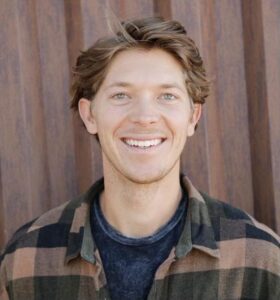
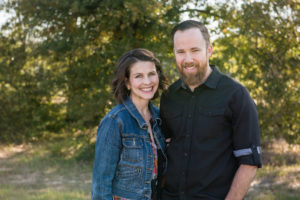
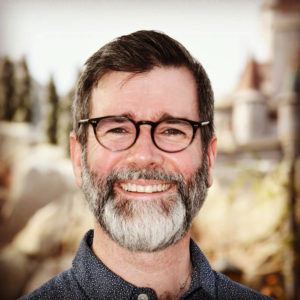
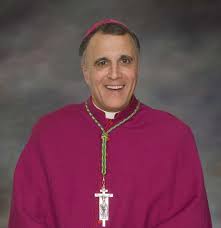
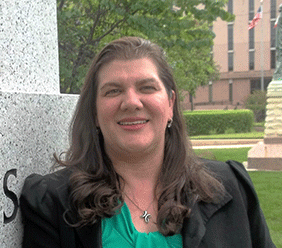
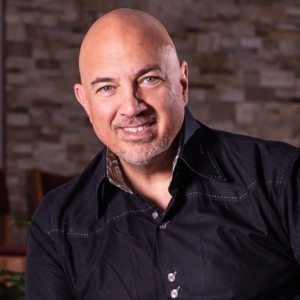
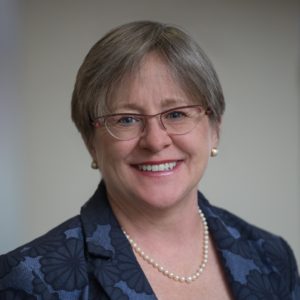 Kimberly Kay Cox
Kimberly Kay Cox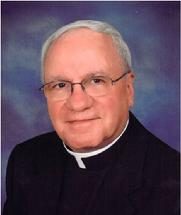
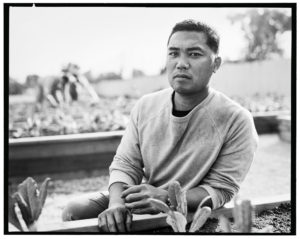
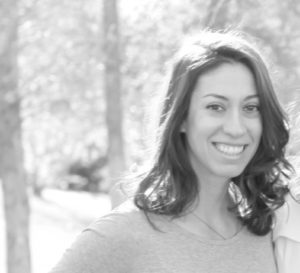

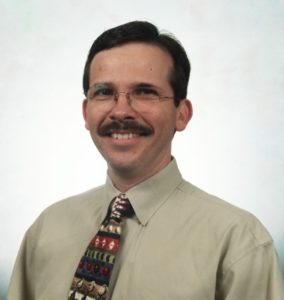
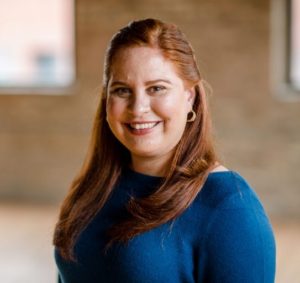
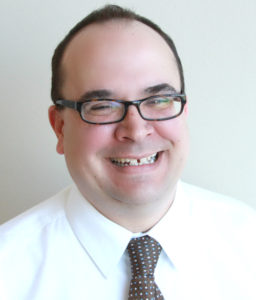
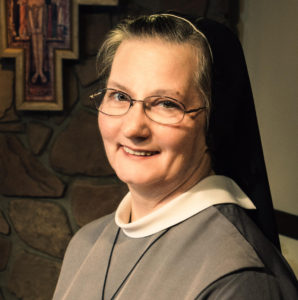
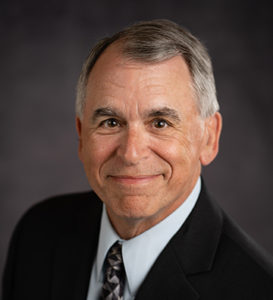 Mark Mogilka
Mark Mogilka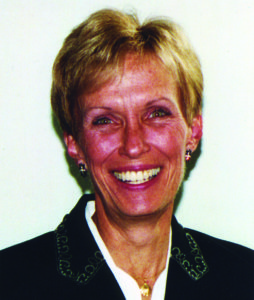
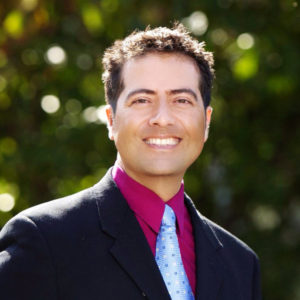
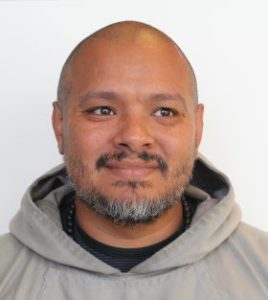


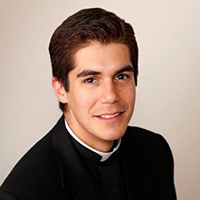
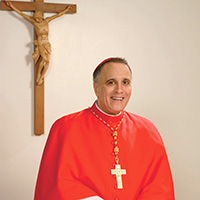

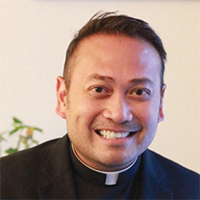


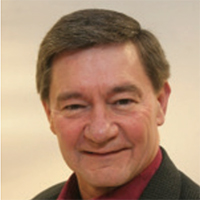
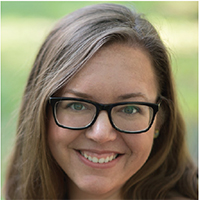
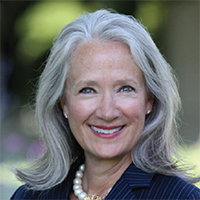
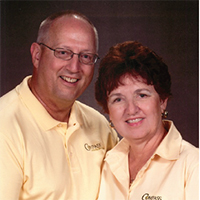
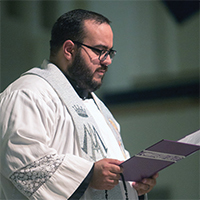
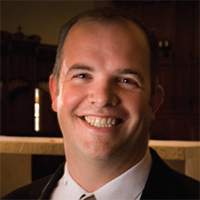

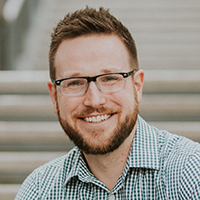
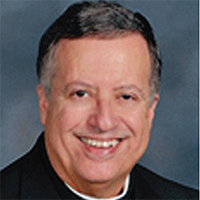

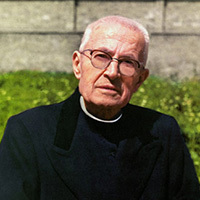
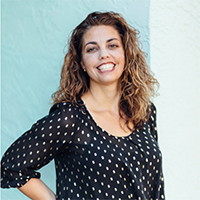

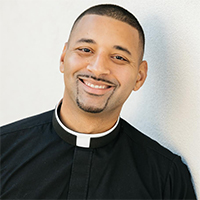

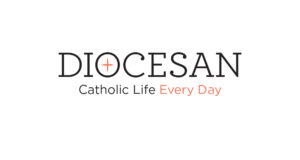


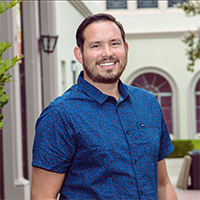
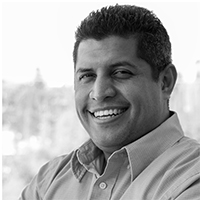 Armando Cervantes
Armando Cervantes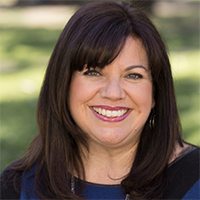 Anna Betancourt
Anna Betancourt
 Andrea Chavez-Kopp
Andrea Chavez-Kopp